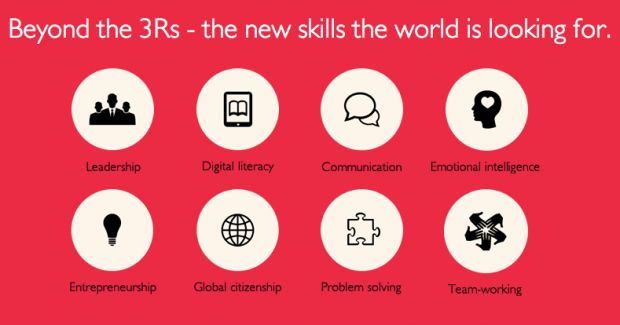Many of the learners I work with struggle more with writing than they do with reading. Although dyslexia and dysgraphia often coexist, children with motor and spatial dysgraphia, more than dyslexic dysgraphia, need Occupational Therapy. In addition to Orton-Gillingham tutoring, which provides solid instruction in language, Occupational Therapy helps with motor planning and an overall understanding of space in general. A combination approach results in the strongest outcomes for struggling students.
From Dr. RIchard Selznick Blog: “School Struggles, Learning Disablities and Other Kid Stuff” from March 6, 2015.
When children struggle with written expression, “OT,” or Occupational Therapy appears to be the go to recommendation that is often given.
Writing has been shown to be the single most complex skill domain of the academic process. The following quote from “Developmental Variations & Learning Disorders” says it well:
“The transmission of thoughts onto paper calls for a delicate and highly complex process of neurodevelopmental integration. Writing necessitates synchronizing all of the developmental functions (described in part I). Writing is a final common pathway of these functions, a confluence of processes demanding attention, spatial and sequential production, mnemonic facility, language ability and motor skill.”
Motor skills (the skills targeted in OT) are the tip of the iceberg. It’s a good first step. What’s the next step? Most of the time, I am not hearing the next step. I only hear about the child getting, “OT.”
Beyond OT, a child needs much more remediation to address their deficits in writing (which are becoming more and more pervasive with the kids I am seeing).
For some time I have been beating a drum (although I understand no one is really listening), that a child struggling with writing needs to work first at the sentence level and master the skill of writing a good sentence before moving on to more complex operations.
Analogous to reading remediation, a child needs to work at very simplistic levels initially, derive a sense of mastery and then move forward to higher levels of complexity.
Most of the kids that I assess have little ability to understand what goes into writing a sentence or a paragraph, so to have them writing lengthy essays is way beyond them. It’s somewhat like asking someone to lift 25lb weights when they can barely lift 10lbs.
Takeaway Point:
Once your child has a had a good dose of “OT” to address his or her writing, ask, “Now what? What’s next?”
What’s next needs to be the heavy lifting of writing remediation.



 Dyslexia
Dyslexia